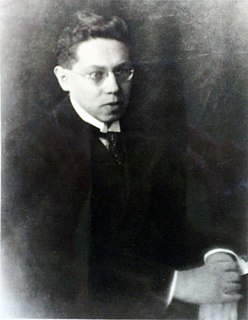A Quote by Lion Feuchtwanger
Ever since my youth it has disturbed me that of the literary works that survived their own epoch, so many dealt with historical rather than contemporary subjects.
Related Quotes
I use biography, I use literary connections (as with Platen - this seems to me extremely helpful for appreciating the nuances of Mann's and Aschenbach's sexuality), I use philosophical sources (but not in the way many Mann critics do, where the philosophical theses and concepts seem to be counters to be pushed around rather than ideas to be probed), and I use juxtapositions with other literary works (including Mann's other fiction) and with works of music.
I would rather win souls than be the greatest king or emperor on earth; I would rather win souls than be the greatest general that ever commanded an army; I would rather win souls than be the greatest poet, or novelist, or literary man who ever walked the earth. My one ambition in life is to win as many as possible.
For me, the passing of time has provided me with subjects I never had before. Subjects I can now look at from a historical perspective. Like the anti-communist era in America. I lived through that. I was a boy; I didn't find a way to write about it until many years later. The same with the Vietnam War.
It seems to me that the novel is very much alive as a form. Without any question, every epoch has its own forms, and the novel nowadays cannot resemble that of the nineteenth century. In this domain all experiments are justified, and it is better to write something new clumsily than to repeat the old brilliantly. In the nineteenth century, novels dealt with the fate of a person or of a family; this was linked to life in that period. In our time the destinies of people are interwoven. Whether man recognizes it or not, his fate is much more linked to that of many other people than it used to be.







































